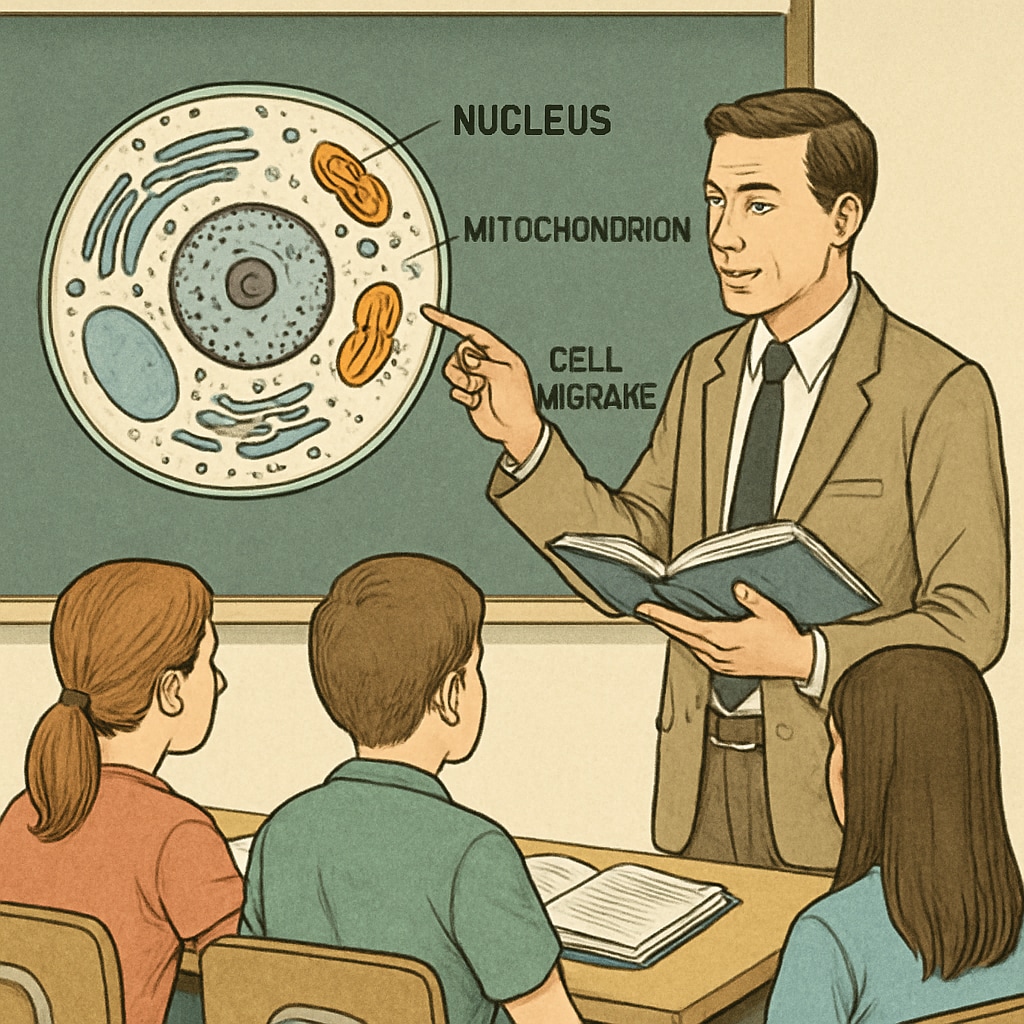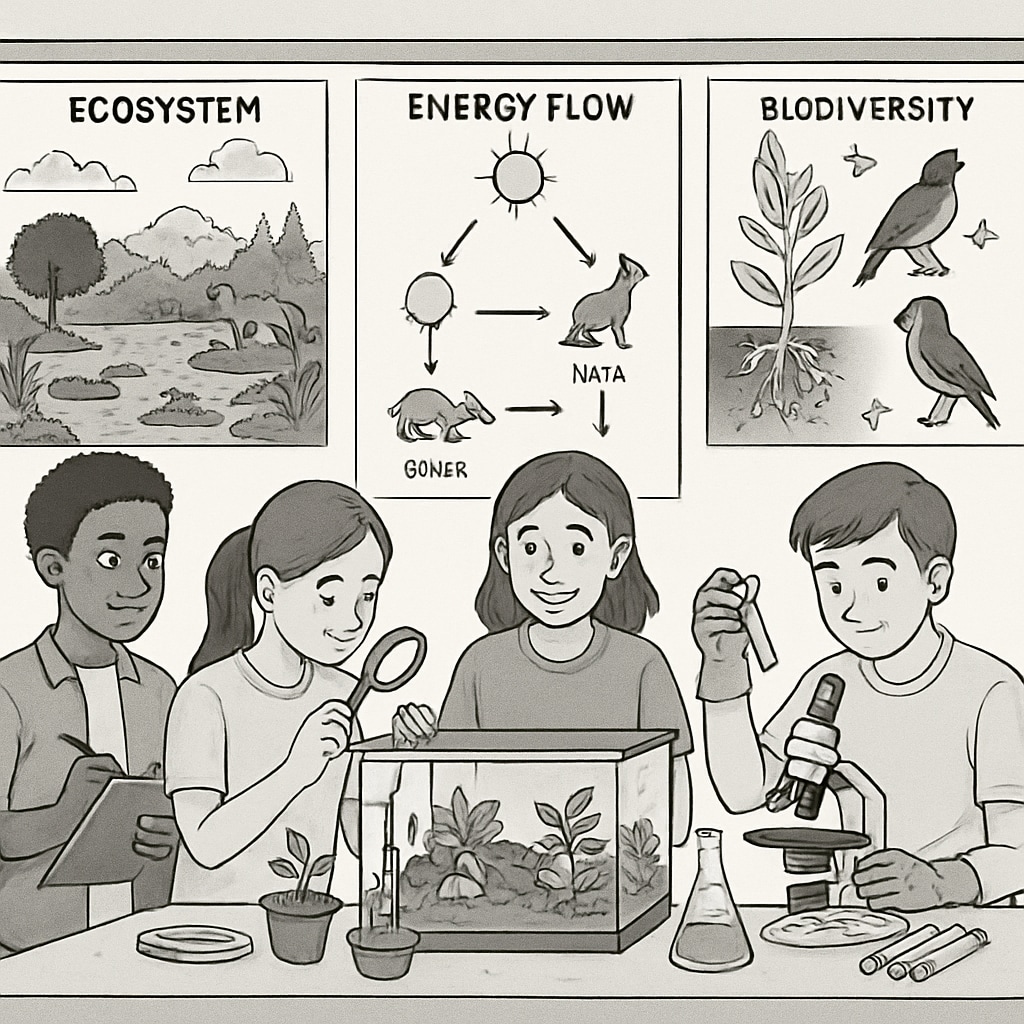Transitioning from a biology major to pursuing a master’s in education might seem like an unexpected leap at first glance. However, this interdisciplinary move is not only feasible but also holds significant value for modern K-12 education. With a growing emphasis on STEM (science, technology, engineering, and mathematics) education, individuals with a biology background bring unique perspectives to the field of teaching. This article delves into the potential of such a transition, the advantages of combining these disciplines, and offers actionable strategies for a successful career change.
Why Biology Majors Should Consider a Master’s in Education
The foundation provided by a biology degree equips graduates with critical thinking, analytical skills, and a deep understanding of scientific concepts. These attributes align well with the requirements of modern education, particularly in STEM-focused curricula. For instance, a biology major transitioning into education can provide real-world applications of science, fostering curiosity and engagement among students. Furthermore, the ability to communicate complex ideas effectively—a skill honed during undergraduate studies—is invaluable in the classroom.
Additionally, the demand for qualified STEM educators continues to grow. According to Britannica, STEM education is a critical priority globally, emphasizing the need for educators with subject-matter expertise. By leveraging their biology background, individuals can fill this gap while making a meaningful impact on students’ academic journeys.

Practical Steps for Transitioning to Education
Making the shift from biology to education requires careful planning and preparation. Below are some practical steps for a smoother transition:
- Research Education Programs: Look for master’s programs in education that offer specializations in STEM or science teaching. Many institutions value applicants with strong subject-matter expertise.
- Gain Teaching Experience: Volunteer as a tutor, participate in teaching internships, or work as a substitute teacher to gain firsthand experience in education.
- Obtain Certifications: Depending on your location, you might need teaching licenses or certifications. Research the requirements early and incorporate them into your transition plan.
- Highlight Transferable Skills: Showcase skills like research, critical thinking, and communication in your application essays and interviews.
By following these steps, biology graduates can position themselves as strong candidates for education programs and related roles.
How an Interdisciplinary Background Benefits K-12 Education
Bringing an interdisciplinary background to the classroom offers several advantages. For one, it enables educators to design innovative, cross-disciplinary lessons that resonate with students. For example, a biology teacher with an education background could incorporate environmental studies, ethical debates, or even art to explain complex biological phenomena.
Moreover, educators with a strong foundation in science can address misconceptions and inspire confidence in students pursuing STEM fields. According to Wikipedia, fostering scientific literacy is a key goal of education, and teachers with advanced knowledge play a crucial role in achieving this objective.

Overcoming Challenges in the Transition
While the transition from biology to education offers numerous benefits, it is not without challenges. For instance, aspiring educators may need to adapt to new pedagogical methods or classroom management techniques. However, these challenges can be overcome with perseverance and the right resources. Here are some tips:
- Participate in Workshops: Attend teacher training workshops to familiarize yourself with modern educational practices.
- Build a Support Network: Connect with mentors, peers, and professional organizations to gain insights and guidance.
- Stay Updated: Keep abreast of trends in education and STEM to ensure your teaching methods remain relevant.
By proactively addressing potential obstacles, biology majors can navigate the transition with confidence and success.
Conclusion: A Path Worth Pursuing
In conclusion, the transition from a biology major to a master’s in education is not only feasible but also highly rewarding. With the increasing demand for STEM educators, individuals with a strong foundation in biology can make a significant impact on K-12 education. By leveraging their unique skills, pursuing relevant training, and embracing interdisciplinary approaches, biology graduates can embark on a fulfilling career in education. For those passionate about science and teaching, this path offers an opportunity to inspire the next generation of learners while contributing to a critical area of education.
Readability guidance: This article uses a clear structure, concise language, and practical examples to maintain accessibility. Lists and short paragraphs help summarize key points effectively.


